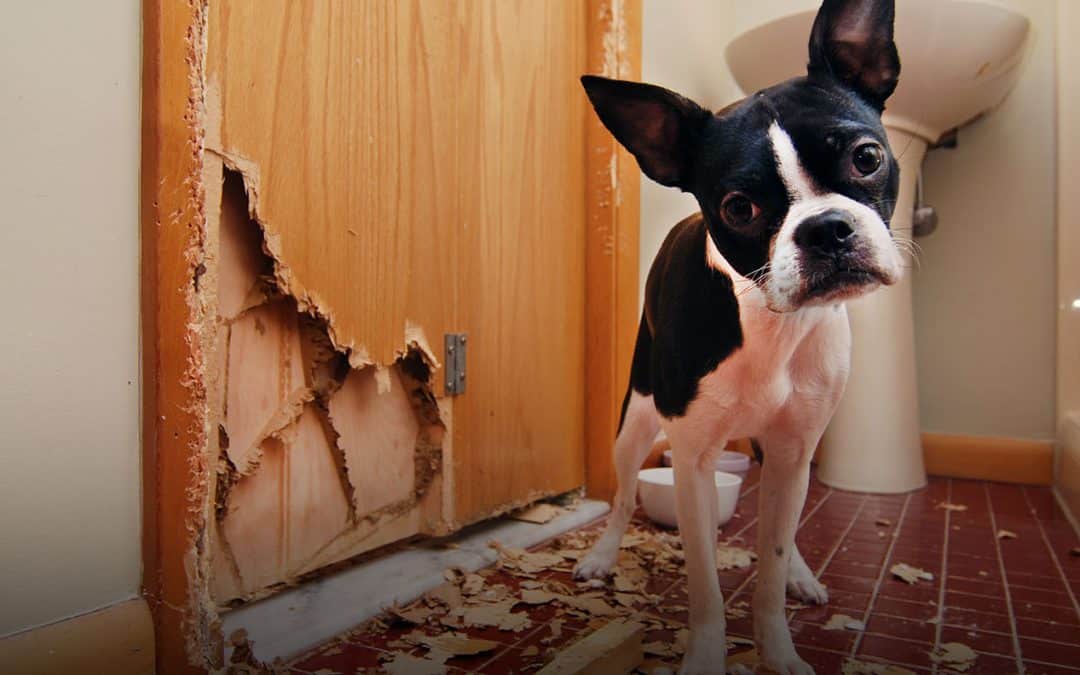October to December are peak months for animal collisions in the United States. Deer are the most commonly hit animal, followed by moose and elk. Approximately 1.9 million animal-vehicle collisions occur each year, with the average damage totaling $3,305.
Here are tips for minimizing animal collisions.
- Heed yellow animal caution signs and drive below the speed limit in these areas. These signs are usually posted in past collision sites.
- Be especially aware during evening hours. Most animal-vehicle collisions occur between 9 p.m. and midnight.
- Use high beams in wooded areas when traffic permits. Bright lights reflect off animal eyes, making them easier to spot.
- If you see an animal in the road, brake firmly and stay in your lane.
- Honk or flash your lights to try to scare the animal out of the way.
- Avoid swerving to miss a deer, since you could wind up hitting another vehicle or a tree or pole. It’s hard to predict how a deer will react at any given moment.
- If a moose is on the road, which is far more dangerous to you and your vehicle due to its weight, you should look to swerve safely to avoid a collision, however.
- If you hit an animal, pull over to the side of the road.
- Do not check on or touch the animal, call the police for assistance.
- Ensure that you get a police report about the incident. If you have coverage, you’ll need a police report to file your claim.
Animal collisions are covered by the optional comprehensive coverage on your auto policy.
Sources:
https://exchange.aaa.com/safety/driving-advice/tips-to-avoid-vehicle-animal-collisions/#.Xcw1r-hKjic
https://www.farmersalmanac.com/tips-avoiding-wildlife-collisions-28512
https://www.consumerreports.org/car-safety/how-to-avoid-collisions-with-deer-this-fall



